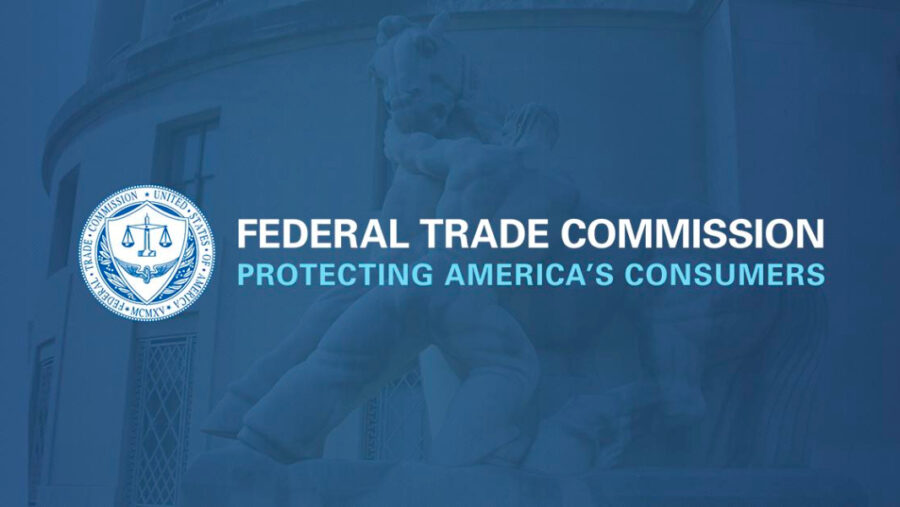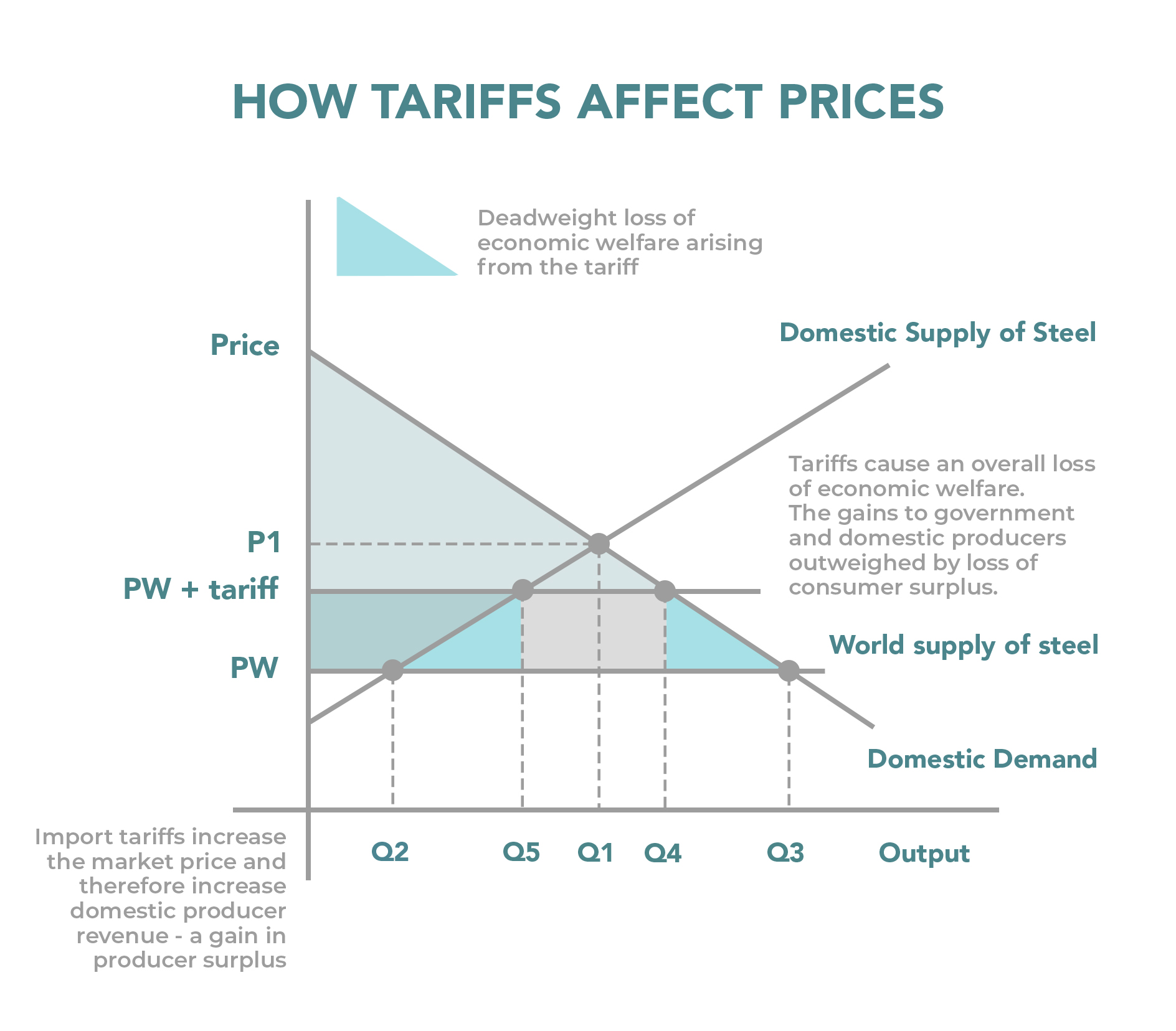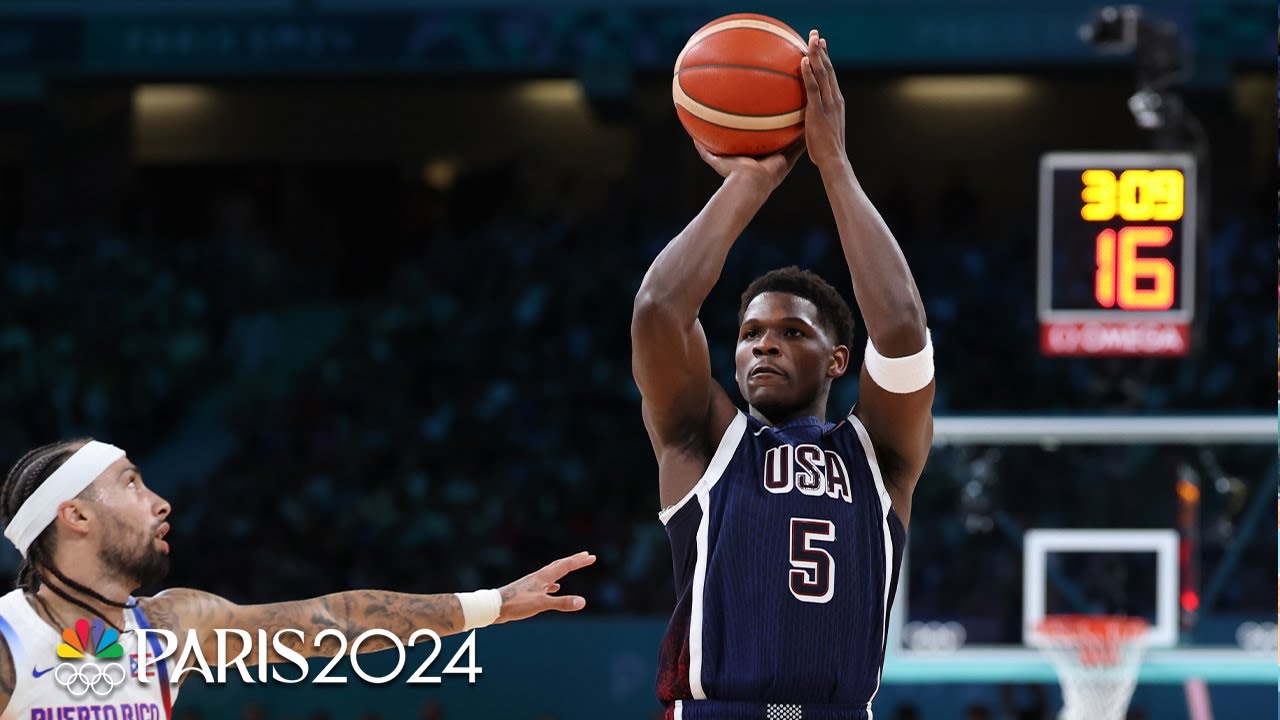FTC Appeals Activision Blizzard Ruling: Microsoft Deal In Jeopardy?

Table of Contents
The FTC's Arguments Against the Merger
The Federal Trade Commission (FTC) is vehemently opposing the merger, primarily citing concerns about its anti-competitive effects. Their central argument rests on the belief that the acquisition would grant Microsoft undue market power, harming both competitors and consumers.
- Reduced competition in the console gaming market: The FTC argues that combining Microsoft's already substantial gaming power with Activision Blizzard's extensive portfolio, including iconic franchises like Call of Duty, would stifle competition from Sony PlayStation and other players. This reduced competition could lead to less innovation and a less dynamic gaming market overall.
- Potential harm to consumers through higher prices or reduced choice: The FTC expresses concern that Microsoft could leverage its control over key franchises, such as Call of Duty, to raise prices, limit availability on competing platforms, or reduce the quality of games offered to consumers. The loss of competitive pressure could directly impact consumers' wallets and gaming experience.
- Concerns about Microsoft's control over key game franchises (Call of Duty, etc.): The FTC highlights the significance of Activision Blizzard's game franchises, particularly Call of Duty, as major drivers of console sales and player engagement. They fear that Microsoft could make these titles exclusive to its Xbox ecosystem, harming competitors and potentially creating a less diverse gaming market.
- Data-driven analysis: The FTC’s arguments are supported by extensive market analysis and data, aiming to demonstrate the potential anti-competitive effects of the merger with concrete evidence. This data-driven approach strengthens their legal position.
Microsoft's Defense and Counterarguments
Microsoft has aggressively defended its acquisition, refuting the FTC's claims and presenting counterarguments to mitigate concerns.
- Agreements to keep Call of Duty on PlayStation: A crucial element of Microsoft's defense is its commitment to keeping Call of Duty available on PlayStation for at least 10 years. This agreement aims to directly address the FTC's concerns about exclusivity and reduced consumer choice.
- Arguments against the FTC’s market definition and analysis: Microsoft challenges the FTC's market definition, arguing that the gaming market is more dynamic and less consolidated than the FTC portrays. They contest the FTC’s economic modeling, proposing alternative analyses to support their claims.
- Claims the merger will benefit consumers through innovation and wider access to games: Microsoft asserts that the merger will foster innovation and expand access to games for more players. They argue that combining resources will lead to better games, wider distribution, and ultimately a more positive experience for gamers.
- Legal precedents: Microsoft is likely to cite previous merger cases and legal precedents to support its claims and challenge the FTC's arguments. They will aim to demonstrate that their acquisition does not violate established antitrust laws.
The Role of Call of Duty in the Dispute
The blockbuster franchise, Call of Duty, is arguably the central point of contention in this dispute. Its immense popularity and established position in the gaming market make its exclusivity a major concern for regulators. The FTC fears that making Call of Duty an Xbox exclusive could significantly damage competitors like Sony, potentially leading to a decline in PlayStation sales and market share. The outcome of the dispute will largely hinge on the future availability of Call of Duty across different platforms.
Potential Outcomes and Implications
The FTC's appeal could result in several outcomes, each with far-reaching implications:
- The FTC winning the appeal and blocking the merger: This outcome would be a major blow to Microsoft's gaming ambitions and could set a precedent for future tech acquisitions.
- Microsoft winning the appeal and the merger proceeding as planned: This would allow Microsoft to acquire Activision Blizzard, potentially reshaping the gaming industry. This scenario, however, might lead to increased scrutiny of future large tech mergers.
- A negotiated settlement between Microsoft and the FTC: This outcome is possible, involving concessions from Microsoft to address the FTC's concerns, such as extending the Call of Duty agreement on PlayStation.
The impact of each outcome will significantly influence:
- The gaming industry landscape: The merger could create a dominant player in the console market or maintain a more competitive environment depending on the outcome.
- Microsoft's gaming strategy: A successful merger allows Microsoft to aggressively expand its gaming ecosystem, while a failed merger would require a reassessment of their strategy.
- The future of game acquisitions and regulatory scrutiny: The ruling will profoundly influence the regulatory landscape and the process for future acquisitions in the tech industry.
The Broader Context of Regulatory Scrutiny in the Tech Industry
The FTC's appeal is part of a broader trend of increased regulatory scrutiny of large tech mergers globally. Antitrust concerns are rising as tech giants consolidate power, leading to increased government intervention to protect competition and consumers. This case, therefore, has wider implications for the regulatory landscape of the tech industry. Similar cases, such as the regulatory scrutiny facing Meta's acquisitions, illustrate the growing challenges faced by large tech companies looking to expand their market presence through mergers and acquisitions. The evolving landscape of antitrust law and its adaptation to the dynamic gaming industry will be significantly influenced by the outcome of this appeal.
Conclusion: The Future of the FTC Appeals Activision Blizzard Ruling and the Microsoft Deal
The FTC's appeal against the Microsoft-Activision Blizzard merger presents a complex and crucial legal battle with far-reaching implications. Both sides have presented compelling arguments, and the outcome remains uncertain. The significance of Call of Duty and the FTC’s concerns regarding anti-competitive practices highlight the central issues in this debate. The ultimate decision will not only shape the future of this specific merger but will also set a precedent for future tech acquisitions and the regulatory landscape of the gaming industry. Stay informed about the ongoing developments regarding the FTC Appeals Activision Blizzard Ruling and its impact on the future of gaming. Share this article with your friends and continue following this landmark case to understand its potential repercussions.

Featured Posts
-
 Adidas Anthony Edwards 2 A First Look At The New Signature Shoe
Apr 29, 2025
Adidas Anthony Edwards 2 A First Look At The New Signature Shoe
Apr 29, 2025 -
 How U S Companies Are Responding To Tariff Uncertainty A Focus On Cost Reduction
Apr 29, 2025
How U S Companies Are Responding To Tariff Uncertainty A Focus On Cost Reduction
Apr 29, 2025 -
 Anthony Edwards Nba Imposes 50 K Fine For Offensive Remarks To Fan
Apr 29, 2025
Anthony Edwards Nba Imposes 50 K Fine For Offensive Remarks To Fan
Apr 29, 2025 -
 Understanding Tylor Megills Recent Success Key Factors In His Mets Performance
Apr 29, 2025
Understanding Tylor Megills Recent Success Key Factors In His Mets Performance
Apr 29, 2025 -
 Minnesotas Snow Plow Naming Contest Winners Revealed
Apr 29, 2025
Minnesotas Snow Plow Naming Contest Winners Revealed
Apr 29, 2025
Latest Posts
-
 Wrexham Afcs Rise Ryan Reynolds Cheers On The Teams Promotion
Apr 29, 2025
Wrexham Afcs Rise Ryan Reynolds Cheers On The Teams Promotion
Apr 29, 2025 -
 Historic Promotion Ryan Reynolds Reaction To Wrexhams Success
Apr 29, 2025
Historic Promotion Ryan Reynolds Reaction To Wrexhams Success
Apr 29, 2025 -
 Ryan Reynolds And Wrexham Afc A Historic Promotion Party
Apr 29, 2025
Ryan Reynolds And Wrexham Afc A Historic Promotion Party
Apr 29, 2025 -
 Wrexhams Promotion Ryan Reynolds Joins The Celebration
Apr 29, 2025
Wrexhams Promotion Ryan Reynolds Joins The Celebration
Apr 29, 2025 -
 Ryan Reynolds Celebrates Wrexham Afcs Promotion A Historic Moment
Apr 29, 2025
Ryan Reynolds Celebrates Wrexham Afcs Promotion A Historic Moment
Apr 29, 2025
